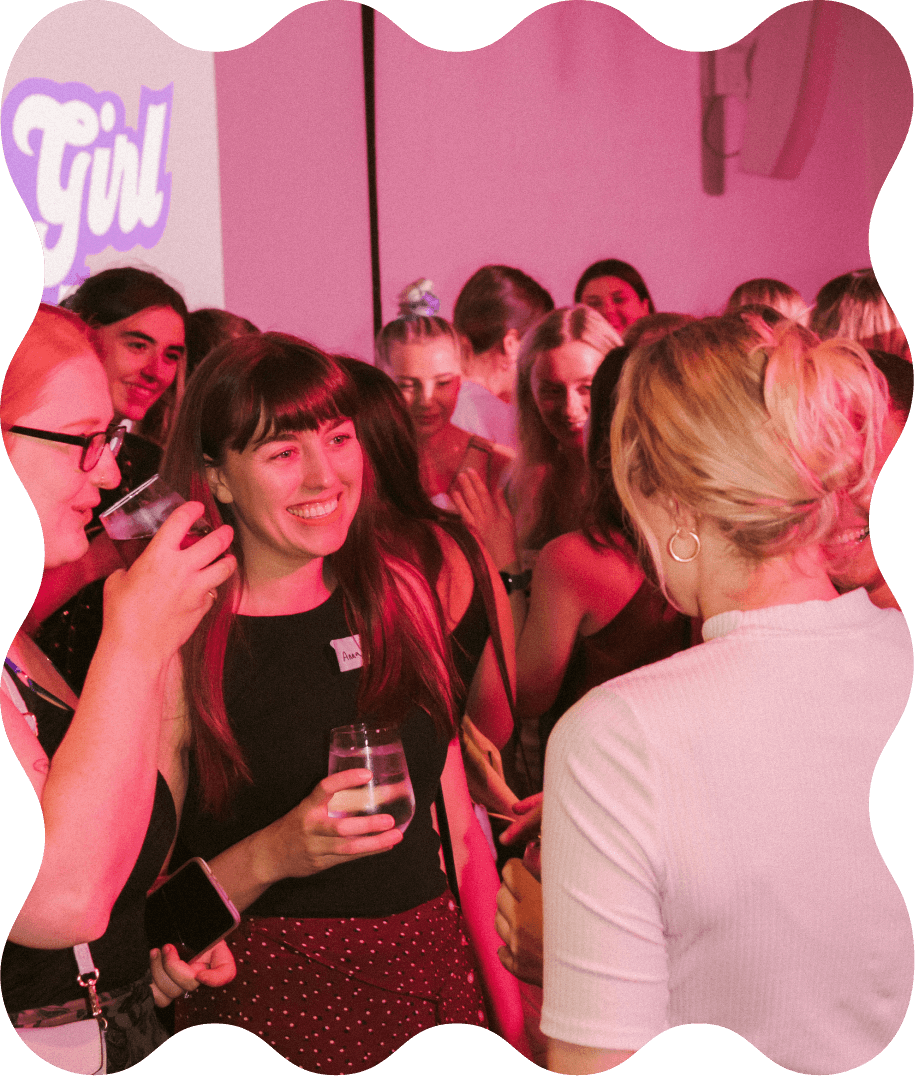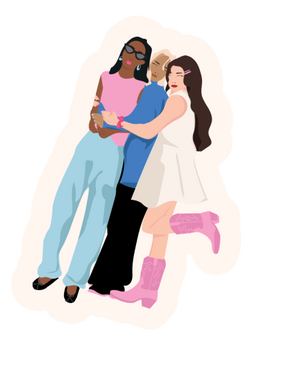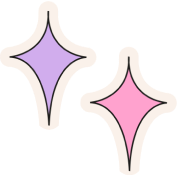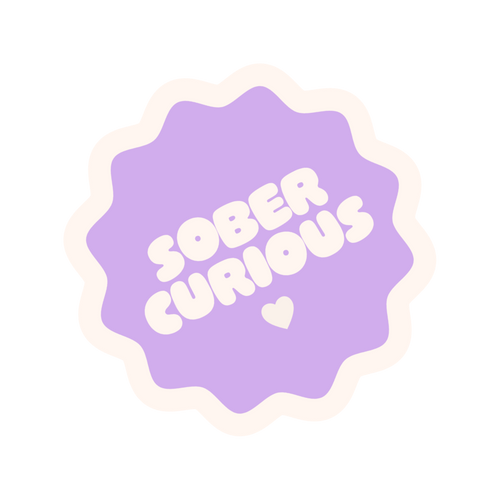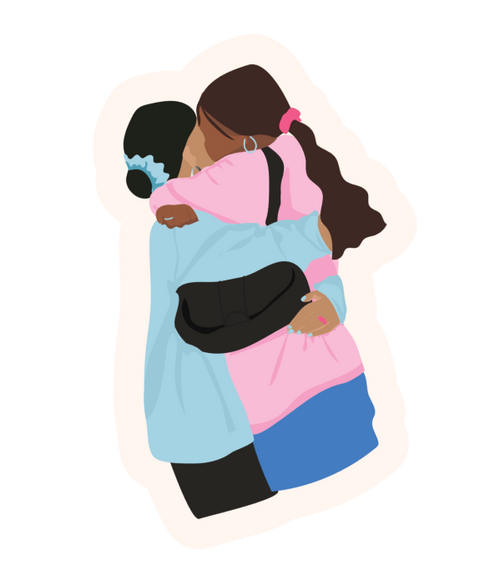Lonely, short hummus-lover seeks vomit-free party

Another houseparty, another chance to socialise, gradually slipping through my fingers as one by one people float higher and higher away. I clutch at the multicolour ribbons like a child, desperate to keep at least one on my level, always unsuccessful. I even got some Doc Marten Jadons to combat my height disadvantage, damn. If only the max range came in vegan leather, then I might have been able to keep the last from leaving me the only one with my feet on the ground (granted through a couple of inches of rubber).
It’s taken me a good couple of years of parties saturated in underage drinking (I only turned 18 as Covid-19 hit) to properly realise why I feel so lonely at what I imagined would be such sociable events. Put aside the obvious ‘otherness’ of being the only one sober and consequent eye-roll worthy questions and judgements, they are still brimming with people, be that close friends or shiny new personalities to explore. Yet after only an hour, sometimes even half of that, the excitement of being surrounded by interaction seemed to lose its attraction exponentially. But why? I couldn’t work it out, when everyone was too drunk to care that I was different, when all the accusatory daggers stopped being thrown, why was I so lonely?
But that’s exactly it. Everyone was too drunk to care. Not that I wanted them to keep questioning my life choices like it was a problem for them anyway, but they had all drifted away. The alcohol was well into their system, and it was not about anyone else anymore. They had all retreated far back into their own heads, thinking solely about how they looked, how they came across, what they wanted. People claim alcohol brings people out of their shell, but I was the only one still out of mine. Extroverts had gone back in and introverts had just gone further. I was looking around for somebody else to laugh with, somebody’s company to enjoy, knocking on doors that had already been locked up for the night. The very ‘magic elixir’ that was supposed to forefront the fun-loving bubbly side I already saw in people, had in reality turned them all away. Because drugs are about the substance inside of you, what you’ve put into your own body. They’re not about connection to others or the world around you as some claim.
The best connection I ever had with my friends was sitting waiting in college between lessons for hours sharing a tub of hummus and a pack of spicy Doritos (thank me later), not in someone’s weed drenched back garden littered with empty vodka bottles when they were all either smelling of sick or failing to whisper a secret they’d probably regret telling me the next day.
I finally cracked this in the shower one morning, when all good realisations and hypothetical debates occur. Another frustration with British drinking culture unveiled: what’s the deal with drugs and connection to others? Everyone seems to believe that substance consumption is a sociable thing to partake in, be that alcohol, weed or other. But why then is it also considered an escape? How can something that supposedly connects you to those around you be the very thing you use to escape environments and numb your senses? It’s widely accepted that people form drinking buddies, someone that enables you to keep using and to feel less guilty about it because hey, it’s communal right? But how can it be when you earmark certain people as only really there to use with? Surely they aren’t someone you really connect with if the only times you spend with them are the ones you forget most of anyway?
This points very deliberately to the big question: where do we get this absurd idea from? Like almost every questionable and marginally indoctrinated herd opinion that circulates, we have a lovely trio of media, capitalism and greedy politicians to blame. Adverts of gorgeous women laughing in groups as the sun goes down on their carefree lives, elegant hands balancing their trusty huge glasses of pink gin; of course it’s a pink sunset, because the gin made it all happen! Right? Affording this golden life of parties and nights out is another matter altogether, and let’s not even get to who profits from the mass poisoning of the country’s social butterflies. The point is that you don’t have to look too far to highlight the source of the misinformation.
A big part of the loss and loneliness I feel as the only one sober at a party is the sadness I feel at seeing everybody change. Beautiful people shrouding themselves in an alcoholic fog, never letting loose because they’re trying too hard to fit rigidly into a group that would be much better if it celebrated so many personalities, instead of everybody mashing themselves into one big blur of drunkenness. I even tried to squeeze into this mush, pretending I was fine with every situation no matter who I saw hurt or ill or sad or aggressive. That’s a new boundary I learned to set for myself.
The average party can feel very isolating when you’re the only one not knocking back shots, but in reality, it’s isolating for everyone else too. Because no matter what you do, you do it alone. So plan an excuse to leave before the mess starts, because when you feel like everyone has floated out of reach, you can always head back to your sound night’s sleep and morning of possibilities. In my case I’d stick around just long enough to revel in the novelty of finally being the tallest, when everyone else is doubled over toilets.
Written by Daisy Neill
Daisy Neill is currently studying Songwriting at Bimm London. She is passionate about finding that perfect sentence to connect her to others and express her outlook. She enjoys discussing her opinions on sobriety and veganism and does this with compassion and awareness. You can find her on Instagram at @daisy.gladys.neill

